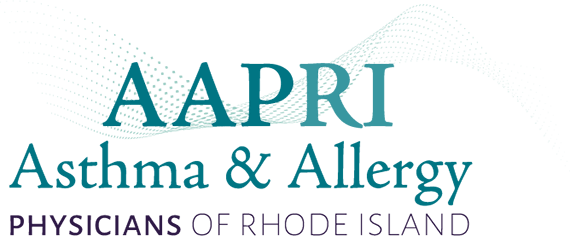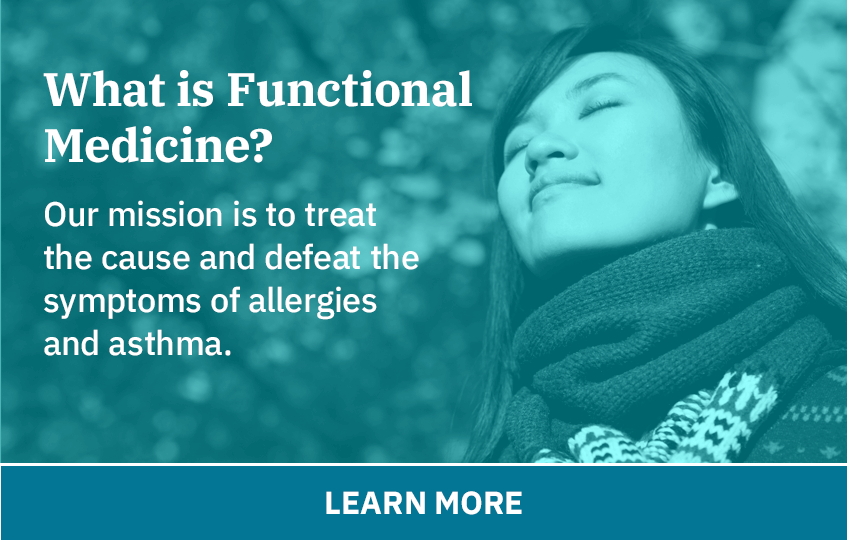What’s the connection between kids, allergies, and COVID? According to Dr. Z, the COVID-19 pandemic has impacted where kids are spending their time, the foods they’re eating, and the different allergens they’re exposed to. All of this can result in the worsening of allergy symptoms. With allergies on the rise, here’s what parents need to be aware of.

Distance learning: the good, the bad, and the itchy
With the winter cold and flu season upon us, one of the obvious benefits of distance (or virtual) learning is that kids are staying home more and not being exposed to cold and flu viruses. “There’s fewer ear infections and colds, and we’re finding that kids are sick less,” says Dr. Z. “But allergens in the environment are still around, and with being home all the time there’s more exposure to the pet, there’s more learning happening on the couch and on the carpet where dust mites and other allergens can lurk.” Even though kids may not be sharing their cold and flu germs in person as much, parents may notice an increase in sniffling, sneezing, and other itchy allergy symptoms.
Along with being home more, kids are getting outside more and they’re playing in the leaves where there’s mold. “So don’t forget those environmental allergens are still there—inside and outside the home—where kids can be exposed,” advises Dr. Z.
COVID stress is real
We know that stress and inflammation from stress adversely affects the immune system, which is a primary trigger for an allergic response. “Children, especially younger children, may not be able to communicate their feelings and anxiety about COVID,” Dr. Z notes. “But we do know that stress causes inflammation, which aggravates allergies and causes kids to display their allergies more.”
Nutrition is an important part of treating allergies
Another significant impact from COVID is the fact that kids are consuming more comfort foods while being home more—cookies, pizza, and high-carb snacks—which have a negative effect on the body and disrupt the microbiome. “The microbiome plays a major role in our propensity toward allergies,” says Dr. Z. “So good nutrition is a very important component of allergy treatment.” In fact, Dr. Z recommends that parents make sure children are getting several services of varied fruits and vegetables—especially vegetables—every day to ensure a healthy microbiome and reduce allergy symptoms.

For vegetable-averse kids, Dr. Z recommends a product called Juice Plus+, which provides the equivalent of 11 servings of fruits and vegetables per day. “It’s been documented to improve immune function because if provides key nutrients and has excellent effects on the microbiome,” says Dr. Z. “So when kids won’t eat their vegetables, it’s an easy way to get them the nutrition they need.”
Got questions or concerns about your child’s allergies? Schedule a consultation with Dr. Z or any of our other dedicated team members at the office location of your choice.

